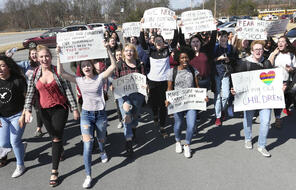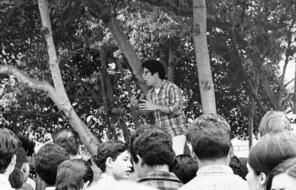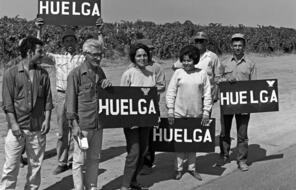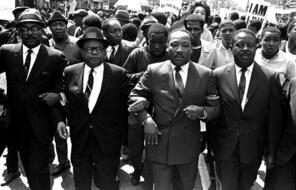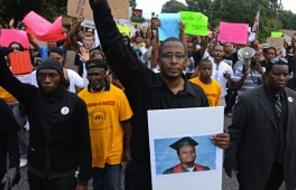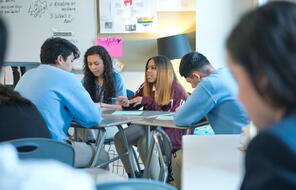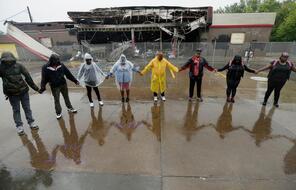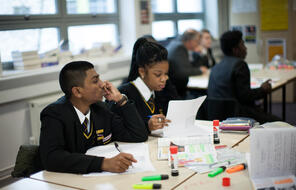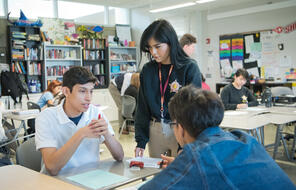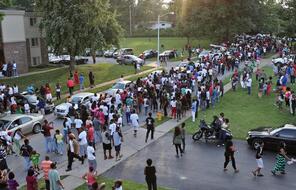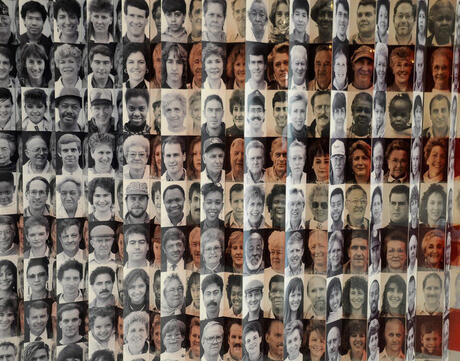
Assessment
My Part of the Story Assessment Ideas
Create a final assessment or project for your students before launching the next part of your course on US history, civics, or literature.
At a Glance
Language
English — USSubject
- Social Studies
Grade
7–12- Democracy & Civic Engagement
Overview
About this Assessment
Consider the following ideas for a final assessment or project for this unit before launching the next part of your course on United States history, literature, or civics.
Procedure
Assessment Ideas
Materials and Downloads
Quick Downloads
Get the assessment instruction and accompanying reading, available in English and Spanish, in PDF and Google Doc format.
Download the Files
Get Files Via Google
You're exploring:
Assessment
My Part of the Story Assessment Ideas
Unlimited Access to Learning. More Added Every Month.
Facing History & Ourselves is designed for educators who want to help students explore identity, think critically, grow emotionally, act ethically, and participate in civic life. It’s hard work, so we’ve developed some go-to professional learning opportunities to help you along the way.
Exploring ELA Text Selection with Julia Torres
On-Demand
Virtual
Listen to #DisruptTexts founder Julia Torres about taking a critical lens to text selection in ELA classrooms.
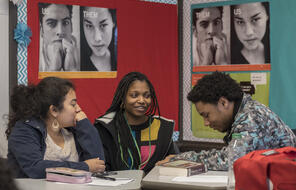
Working for Justice, Equity and Civic Agency in Our Schools: A Conversation with Clint Smith
On-Demand
Virtual
Listen to writer and educator Dr. Clint Smith as he shares his poetry and reflections on working for justice, equity, and civic agency in our schools.
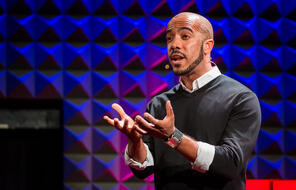
Centering Student Voices to Build Community and Agency
On-Demand
Virtual
Explore approaches to centering student voice, building authentic relationships and cultivating community with Molly Josephs, the creator of This Teenage Life, a youth-driven, story-sharing podcast that started as a school club.
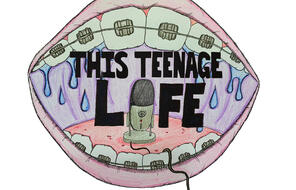
The resources I’m getting from my colleagues through Facing History have been just invaluable.
—
Claudia Bautista, Santa Monica, Calif


